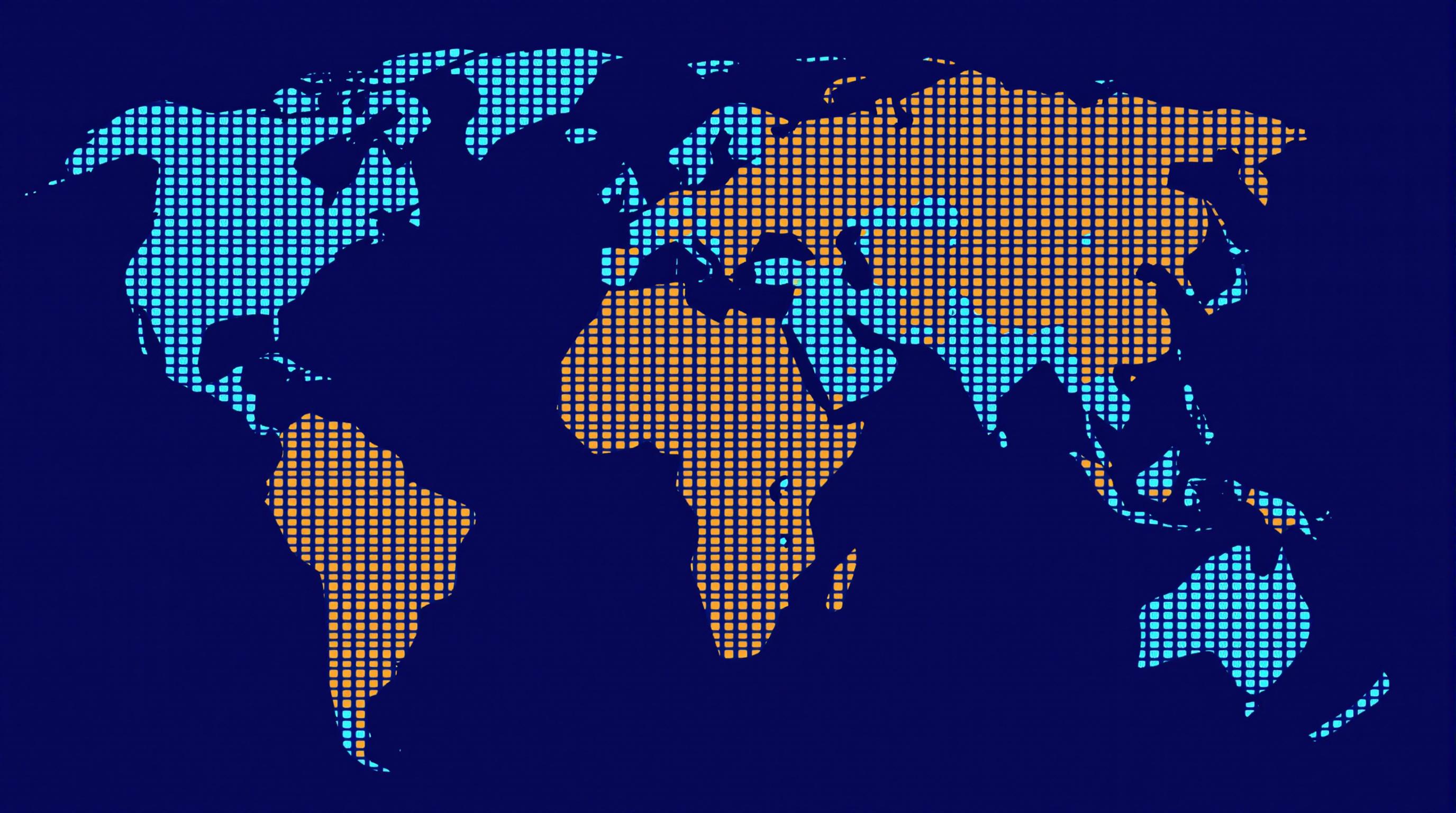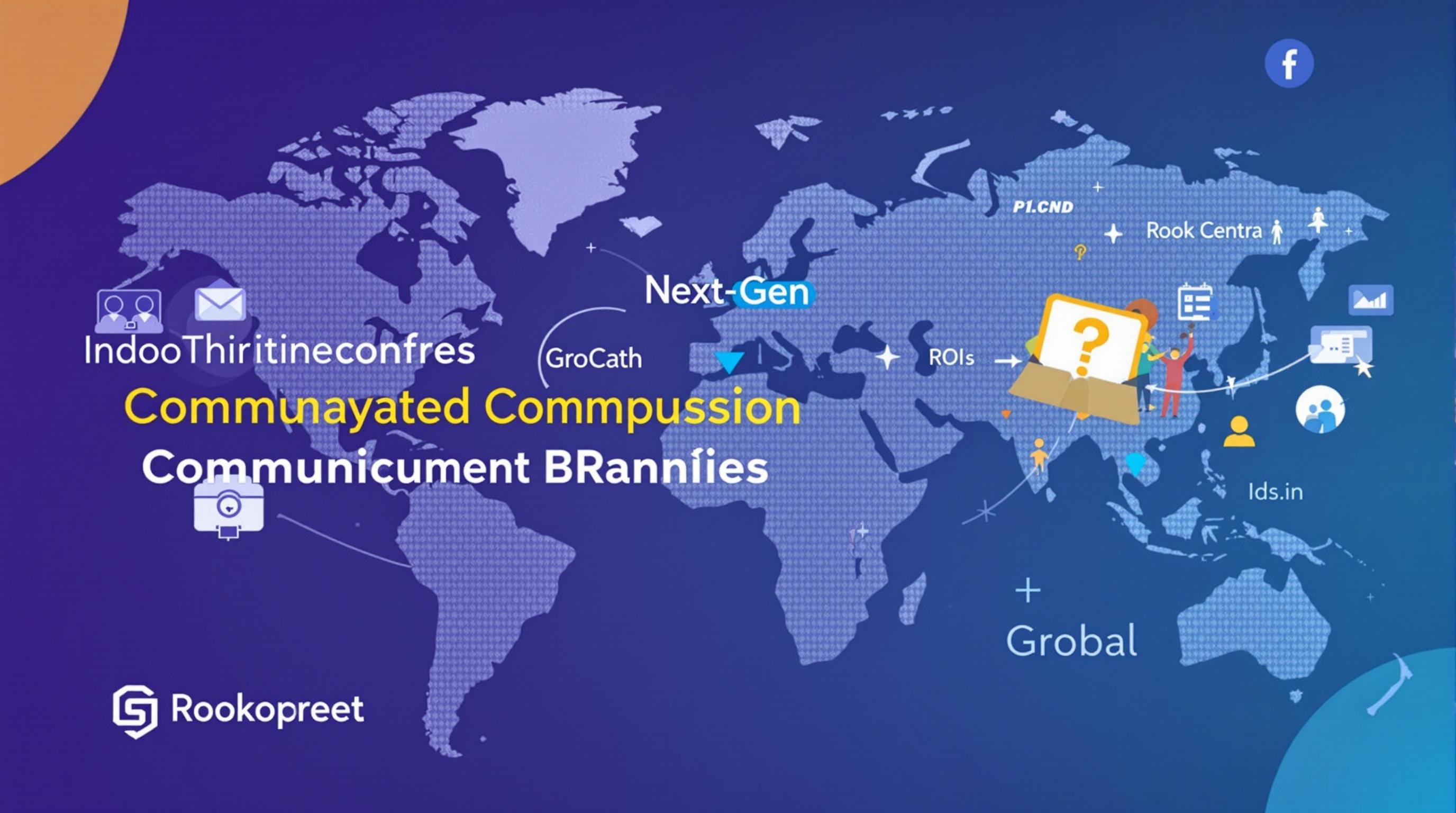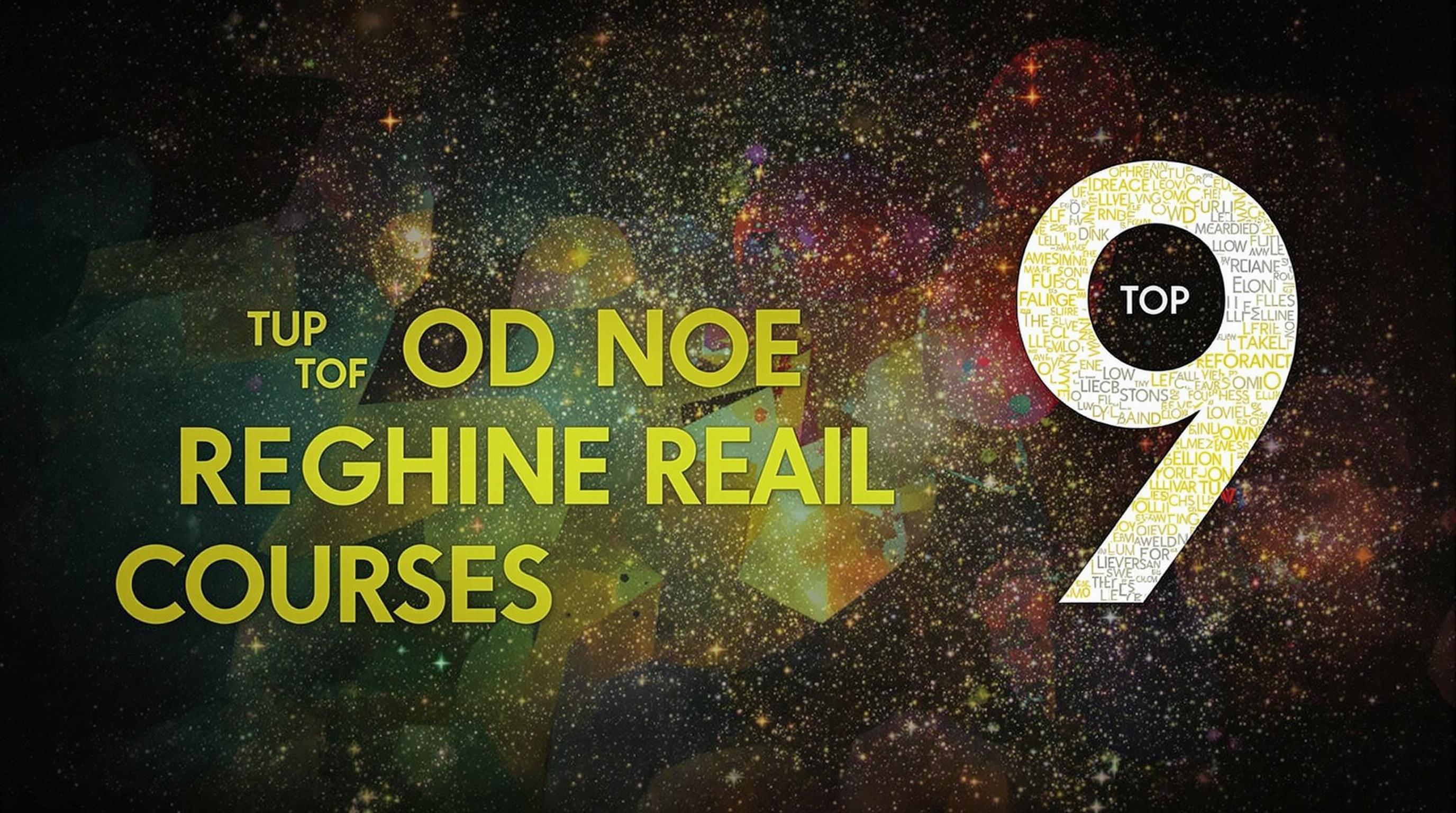Related Articles
- How Experimental MBA Concentrations Quietly Influence Corporate Culture and Decision-Making Strategies
- Top 5 Niche MBA Concentrations Gaining Momentum Since 2019 Ranked by Industry Impact and Growth
- Top 5 Smart Notebooks Released Since 2019 to Revolutionize Your MBA Networking Note-Taking and Follow-Up System
- The Untapped Role of Introversion in Building Stronger MBA Peer Networks and Authentic Industry Bonds
- How MBA Graduates Navigate Ethical Dilemmas in Emerging Markets to Influence Policy and Practice
- 7 Most Disruptive Productivity Platforms From MBA Alumni Launches Changing How Leaders Work Since 2019
The Role of Cross-Cultural Emotional Intelligence in Shaping Leadership Styles Among International MBA Alumni
The Role of Cross-Cultural Emotional Intelligence in Shaping Leadership Styles Among International MBA Alumni
Cross-cultural emotional intelligence profoundly shapes leadership styles among International MBA alumni, enabling them to navigate diverse global environments with efficacy and empathy. This article explores the multifaceted impact of emotional intelligence across cultures, illustrating how it influences leadership development, decision-making, and organizational success.
The Transformative Power of Emotional Intelligence in Global Leadership
Imagine leading a multinational team where cultural nuances and emotional expressions vary widely. Cross-cultural emotional intelligence (EI) becomes not just an asset but a necessity. International MBA alumni often find themselves in such environments, where their leadership effectiveness depends heavily on their ability to decode and respond to cultural and emotional cues. Having completed my own MBA journey at 52, I can attest to how understanding people beyond surface language profoundly shifts leadership capabilities.
What Exactly Is Cross-Cultural Emotional Intelligence?
At its core, emotional intelligence refers to the ability to perceive, understand, manage, and regulate emotions in oneself and others. When applied cross-culturally, it involves navigating emotional expressions and social norms that may contrast sharply between different societies. For example, while a Western leader might interpret direct eye contact as confidence, many East Asian cultures regard prolonged eye contact as confrontational or disrespectful.
The Science and Statistics Behind Cross-Cultural EI
Research underscores that high EI correlates strongly with superior leadership outcomes. A 2017 study by the Center for Creative Leadership found that 90% of top performers scored highly on emotional intelligence assessments. Moreover, a joint report by Harvard Business Review and INSEAD highlighted that leaders adept in cross-cultural emotional intelligence were 45% more likely to successfully manage international teams.
From Theory to Practice: International MBA Alumni Leading Globally
One striking example involves a female MBA graduate from India who rose swiftly in a European multinational corporation. Her strength lay in her nuanced emotional reading of her colleagues from Germany, Brazil, and South Korea. By recognizing differing emotional cues and respecting cultural boundaries, she fostered an environment of collaboration and innovation.
Storytelling: A Leader’s Journey Through Cultural Complexity
Let me tell you a story about Raj, a 33-year-old International MBA alumnus from Nigeria. Assigned to manage a project spanning Latin America and Asia-Pacific, Raj initially underestimated how divergent emotional expressions could derail his team's communication. After a challenging quarter, he enrolled in an executive course on cross-cultural EI. His redesigned leadership style, emphasizing empathy and cultural awareness, led to a 30% increase in team productivity within six months.
Humour in Leadership? Yes, but With Emotional Sensitivity
Consider this: what might be a harmless joke in Canada could be a faux pas in Japan. Many international MBA alumni remember such moments during their studies when a joke crosses cultural boundaries and falls flat. The ability to sense when humor is appropriate—and when it’s not—is part and parcel of emotional intelligence. Leaders who master this avoid embarrassment and build trust instead of walls.
How Emotional Intelligence Shapes Leadership Styles
Leadership isn’t one-size-fits-all. Cross-cultural EI encourages adaptive leadership styles that fluctuate between transformational, servant, and transactional leadership depending on cultural expectations. For instance, in collectivist societies, servant leadership — which prioritizes the group's well-being — resonates more deeply. Meanwhile, Western cultures may emphasize transformational leadership, inspiring innovation and individual growth.
Challenges and Barriers to Developing Cross-Cultural EI
Despite its benefits, cultivating emotional intelligence is no small feat. International MBA alumni often struggle with unconscious biases and ethnocentric views that cloud their ability to be truly empathetic. During my teaching experience, I noticed that some students still stuck to their cultural comfort zones, missing crucial learning opportunities. Emotional exhaustion and cultural fatigue also present real challenges for leaders navigating complex emotional landscapes.
Practical Approaches to Enhancing Cross-Cultural EI
Strategies for cultivating emotional intelligence among international leaders include immersive cultural experiences, reflective practice, and targeted coaching. Many top MBA programs now incorporate multicultural simulations and emotional intelligence assessments to prepare students. A 2021 report by the World Economic Forum suggests that 75% of future global leaders will require a proficiency in emotional intelligence to succeed.
The Role of Technology in Facilitating EI Development
Interestingly, digital platforms increasingly aid in cultivating emotional intelligence through virtual reality experiences and AI-driven feedback. During the Covid-19 pandemic, International MBA cohorts used virtual teams to bridge cultural divides, learning first-hand the importance of emotional cues, even when mediated by screens.
Persuasive Case for Embedding Cross-Cultural EI in MBA Curricula
With globalization intensifying, the absence of emotional intelligence training risks producing leaders ill-prepared for diverse workplaces. Universities must invest more heavily in these competencies to equip graduates with a sustainable edge. The evidence is clear: organizational resilience and innovation thrive under emotionally intelligent leadership.
Conclusion: The Enduring Impact on International Business
The intersection of emotional intelligence and cultural diversity doesn't just shape leadership styles—it transforms them into dynamic forces capable of steering organizations through the complexities of global markets. International MBA alumni stand poised to deploy these skills, building bridges across borders and cultural divides. The future belongs to leaders who understand that success is rooted not only in strategy but in emotional connection.



